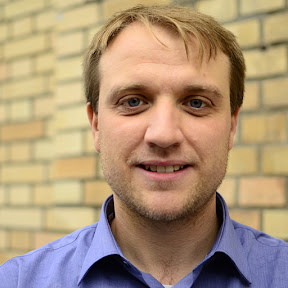Jan Chipchase gave a super interesting talk at EPFL on the Exploratory Field Study Reseach (thank Nicolas). The presentation was informal so we had a chance to interact a lot and to exchange ideas. Here are some random bits I annotated on my paper moleskine during the speech.
Jan works in a group that conducts field study to understand how people deal with technology in different cultures. Nokia uses these reports to inspire and inform new design.
Jan’s group uses different techniques to collect data. For instance, they use shadowing, following and taping people while using technology. They try to step in the customer’s shoes trying to act as if they were a Nokia costumer in different parts of the world. For instance they buy a phone, they break it and then they try to repair it in that particular location.
Another technique that they use are field questionnaires. For instance they go on the street and they ask a bunch of people structured questions on specific subjects (like: where would you put a phone?).
In Jan’s opinion diary methods do not work because the respondents restructure their assignments.
Jan’s group uses several methods on the same research subjects in such a way that the findings gets reinforced by, what he called, convergent validity.
He showed us a couple of examples of specific researches carried out by his group:
(1) Rural Charging Services in Uganda. How people stay powered up in regions where there are frequent powers cuts. People uses batteries to prevent cuts. This is an example of creativity that changes the way we (as citizens of rich countries) think about that problem.
(2) SENTE, is a nice example of how people deal with the lack of a distributed banking system in Uganda. Money are transferred as airtime from a person in a city to a relative in a village who owns a cell phone. If the person does not have a phone, phone kiosks are usually charged of exchanging airminutes with cash.
(3) Informal Repair Culture in Asia. Phones have different values in different markets. In Asia, for instance, it make sense to repair a mobile phone. There is a huge market of 2nd hand phones, repair instruction, material and centers.
What are the possible implications for design of such studies: for instance Motorola recently putted evident screws on their phones so to facilitate repair practices.
(4) Literacy, Communication & Design. Illiteracy can be found everywhere. Most of the growth in the phone industries is coming from underdeveloped countries.
The question is: to what extent is textual literacy a barrier to device literacy? How do illiterate people solve their daily tasks? Illiterate work for long hours and have a low flexibility. They can do anything (it just takes longer). Most tasks can be learned given the proper motivation.
Our willingness to explore is affected by our ability to recover from a possible failure which, in turn, is related to culture.
